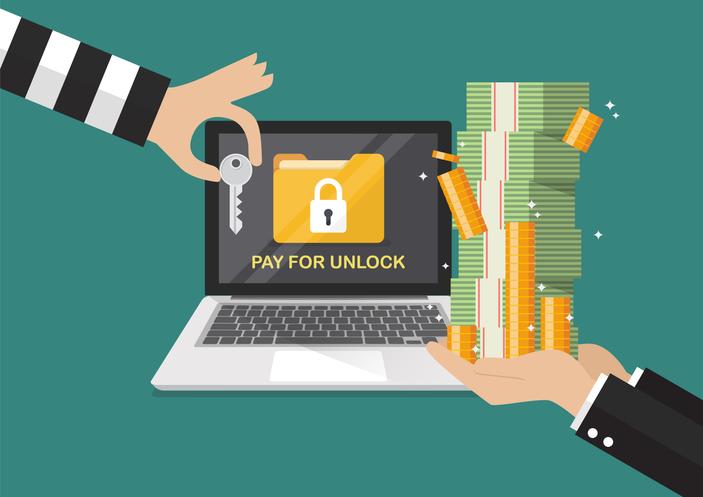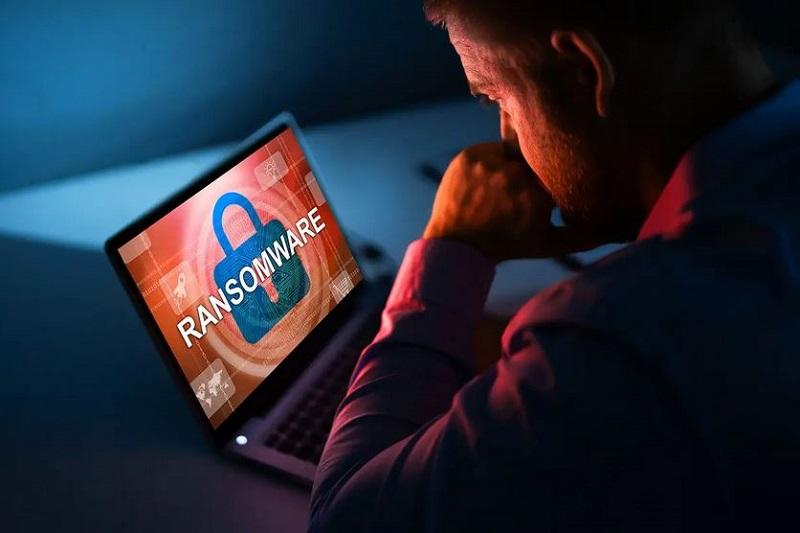Why You Should Never Pay Ransomware
One Of The Most Destructive Types Of Cybercrime Is Ransomware. 81% Of Cybersecurity Experts Believe We Will See More Ransomware Than Ever In The Next Few Years, Thanks To Its Increasing Prevalence.
This is especially dangerous for businesses and can cause them to lose everything. This article will cover some tips about ransomware, including why you should never pay for ransomware.
What is ransomware?
Before we get to the purpose of writing this article, we need to see what ransomware is. For those unfamiliar, we must say that ransomware refers to malware that encrypts files on a personal computer to the entire network; This means that you cannot access them without a password. When this happens, the only person who has access to that password is the person who encrypts your files.
Then this person asks you to pay an amount within a specific time in the instructions he sends to you. Usually, as more time passes, the amount you have to pay also increases. This person warns you will lose your files forever if you don’t pay the required amount.
As you can imagine, this can seriously damage businesses and push them to the brink of collapse; Because ransomware can involve the entire network and servers in addition to personal computers. If you haven’t backed up your data before something like this happens, the results can be disastrous and often mean you have no choice but to start from scratch.

Why You Should Never Pay For Ransomware
You may think that after such an incident, the only possible solution is to pay the amount demanded by the ransomware and leave this nightmare behind to get your data back quickly and hassle-free. But make no mistake.
Don’t forget what these people are doing is illegal, and what guarantee is there that they will get your data back? There are many examples where ransomware cybercriminals have not been fair, with a recent study showing that 92% of companies do not get their data back after paying.
Therefore, paying money for ransomware is not the best solution, but it is not solution. Paying these cybercriminals will only perpetuate the behavior because you have shown them this is profitable.
When you give in to a ransomware request, you’re encouraging the attackers for their next attack and making yourself a perfect target for ransom. Even if you try to upgrade your network security from now on, these criminals now know you’re willing to pay, so they’re twice as likely to seek vulnerabilities in your system again actively.
So what can be done to prevent ransomware attacks?
Unfortunately, it’s too late if you’re reading this article because of the ransomware attack. You can use options, such as searching online for encryption keys shared by people affected by similar attacks. No More Ransom is an excellent organization for this; they act as a repository of keys and programs that can decrypt data encrypted by different types of ransomware. That said, there’s probably not much you can do if you don’t have a backup.
Prevention is the best solution.
The easiest way for your business to fall into the trap of malware attackers is for these attackers to send phishing emails to your employees to get them to click on a malicious link; In this case, the virus is installed on the user’s system, and can then spread across the network.
Human error, in general, is the main reason for the success of cyber attacks. In most cases, the person responsible did not know the consequences of his action and was not aware of the method of the attack. That’s why training the workforce about cyber attacks and crimes information security is the leading solution for every organization and company to prevent and deal with these attacks in their business.
Keep. For this purpose, there are courses that the workforce can participate in and receive their specialized certification. Acquiring these certifications is not required in most cases. Still, they ensure that you are up-to-date on new security trends, plus you will learn how to continually refine your security processes to keep your information safe long into the future.











